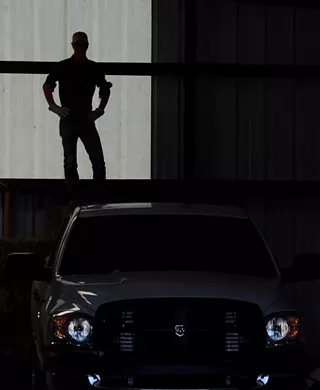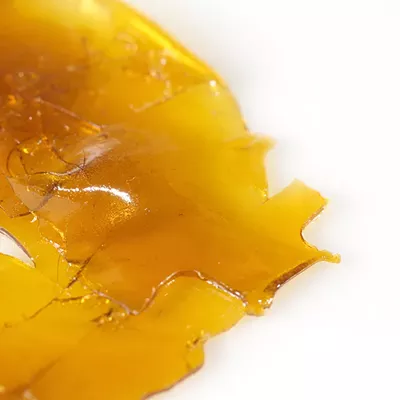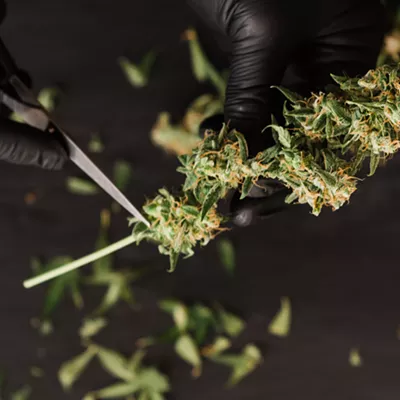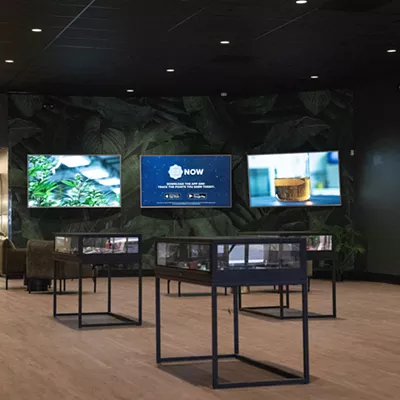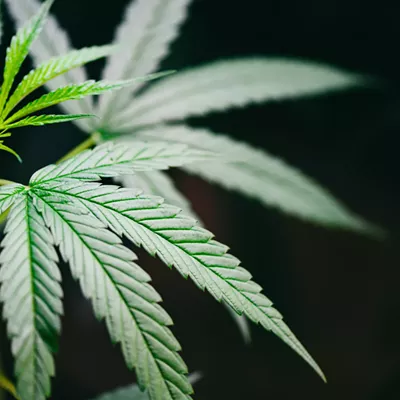It didn't take long for the internet to light up with the news of an Arizona judge's ruling June 6 that PTSD should be added to the list of medical marijuana qualifying ailments.
Unfortunately, a lot of websites got it wrong, many of them because of the venerated Associated Press, whose story about the ruling presumably ran on dozens if not hundreds of websites around the globe. The first line of the AP story said the court ruling "added post-traumatic stress disorder to the list of debilitating conditions."
No, it didn't.
That will happen when the state Department of Health Services changes the rules. The AP got it correct further down in the story, explaining that DHS Director Will Humble has until July 9 to respond to the ruling. Humble will decide whether to change the rules and add PTSD, reject the judge's ruling or do nothing. The ruling stems from a petition to add PTSD in Arizona. The state rejected the petition earlier this year.
In 24 hours of testimony over three days, the Arizona Cannabis Nurses Association showed in an appeal of the rejected petition that PTSD does have at the very least a "palliative benefit," which is the bar the petition has to clear.
The ACNA brought in dozens are peer-reviewed articles, three doctors, an RN, a dispensary owner, and most importantly, patients suffering from PTSD, and all agreed with the widely and easily available science on the matter – cannabis might not cure PTSD, but it definitely makes our veterans feels better, and that's all it takes in Arizona.
"We presented a compelling and overwhelming case," said Ken Sobel, the Tucson attorney who has worked with the ACNA to add the ailment. "We met and exceeded the requirement of the rule."
In the past two years, Arizona has rejected roughly 20 petitions to add illnesses to the qualifying list, citing a lack of scientific studies. But the rules specifically allow for "palliative benefit," which basically means relief.
If patients get relief, it qualifies under Arizona rules, but the state has thus far conveniently ignored that phrase, insisting instead that petitioners bring evidence in the form of rigorously designed and monitored scientific studies. Those studies simply don't exist in America, so that standard is impossible to meet.
It's frustrating to see legal battles in my home state over things that have already been argued and decided in other states. The same legitimate science Sobel and the ACNA submitted in Arizona was used to add PTSD in Nevada and New Mexico. The Nevada addition was based on essentially the same petition filed in Arizona, Sobel said.
"And it's all based on the same science that was available and was submitted in the original (Arizona) petition," he said.
Heather Manus, the president of the ACNA, brought the petition because of the thousands of Arizona veterans who suffer from PTSD.
"This is about the 22 veterans who commit suicide every day" across the nation, Manus said.
Sobel believes if Humble decides to accept the most recent ruling, that PTSD could be added in about 30 days – not a minute too soon for Arizona veterans who have languished on a VA waiting list, some dying before they get the medical care they need.
This case is a shining example of what is wrong with cannabis law in America. The fragmented legal structure propping up cannabis is a creaky, Rube Goldberg kind of affair. It's a patchwork of state laws that drains the system in every way – attorneys, politicians and lobbyists all struggling to come to terms in 50 states, when all we really need is one set of laws – federal laws.
Hundreds of man-hours were spent arguing this Arizona case on both sides – not to mention many thousands of dollars spent, and the same happened in every state that has added PTSD as a medical marijuana qualifying illness. Now, I'm all for attorneys making a living, but not when they're spinning legal wheels in a case that has been thoroughly examined numerous times in other states.
So let's all hope Will Humble agrees with the judge in the latest ruling. I don't really want any more of my fellow veterans to die waiting to get some relief.

